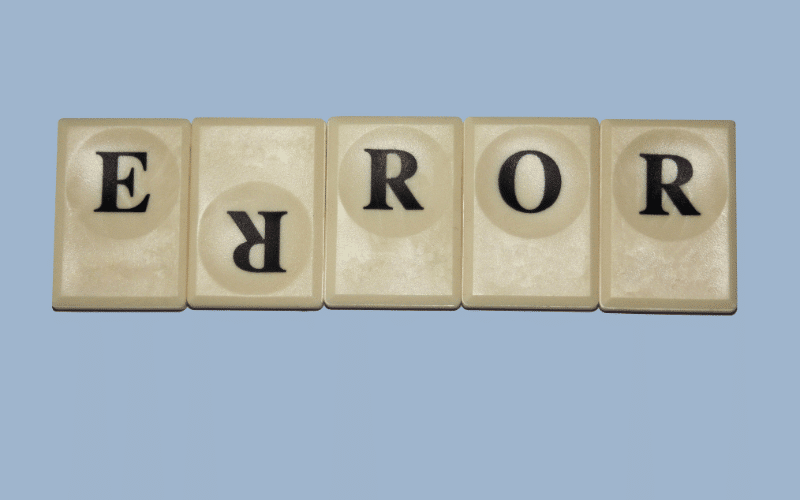Introduction: Early Indications and the Importance of Detection

Understanding a child’s developmental milestones is part and parcel of every parenting journey. It’s like decoding a puzzle where the pieces fall into place as the child grows and matures. But what happens when these puzzle pieces don’t quite align, especially in terms of speech and language development? The cause could be something as complex as Developmental Verbal Dyspraxia (DVD) – a neurological speech disorder that interferes with a child’s ability to correctly pronounce sounds, syllables, and words.
In essence, DVD doesn’t impact the child’s understanding of speech; it’s about how the brain coordinates with the parts of the body – like the jaw, lips, and tongue – to produce speech. To understand and spot this early, you, as parents, need to keep a vigilant eye on your child’s speech development.
Developmental Verbal Dyspraxia (DVD), also known as Childhood Apraxia of Speech (CAS) or Developmental Apraxia of Speech, may seem daunting with its medical terminology and complexities. But it doesn’t have to be. After all, knowledge is the first step toward action, and understanding the key symptoms of DVD can significantly aid in its early detection.
In this enlightening piece, we’re going to delve into the top 10 symptoms of DVD. Each sign will be explained in detail to give you a thorough understanding of the condition, helping you discern whether your child might be showing signs of this speech disorder. This journey is yours as much as it is your child’s, and with the right information and support, you’ll be well-equipped to navigate it.
Symptom 1: Inconsistent Errors – A Telltale Sign of DVD

The journey of language development in children is replete with fascinating milestones. However, one anomaly to be aware of is the inconsistent errors that children with Developmental Verbal Dyspraxia (DVD) can exhibit. This isn’t your standard trial-and-error learning process that’s usually seen. Rather, it’s the fluctuation in their pronunciation of the same word at different times, an indication of their struggle with motor planning for speech.
Unlike children typically developing speech, those with DVD might say a word correctly one time, and then struggle to repeat it correctly the next. This lack of consistency can be puzzling, but it’s a key marker of DVD. Picture this: one day, your child says “butterfly” flawlessly, but the very next day, the same word might come out as “budderfly” or “buttyfly”. The inconsistency can be that stark.
At the heart of DVD is a difficulty in planning and programming speech movements. This makes the consistent production of words a challenge for children with DVD. Their struggle is not with the word itself, but rather with coordinating the muscle movements needed to say the word. This struggle manifests itself as inconsistent pronunciation errors.
Interestingly, these inconsistencies can be more noticeable when a child with DVD is tired, stressed, or excited. It’s a quirky but telling aspect of DVD. The effect of these emotional states on speech is more pronounced, adding an extra layer of complexity to their speech production. So, if you’re observing fluctuating errors in your child’s speech, it might be more than just typical developmental variations.
Rounding off, inconsistent errors can appear to be random and baffling, but they are actually one of the cardinal signs of DVD. It’s an unusual symptom, not typically associated with many other speech or language disorders, making it a key signpost pointing towards DVD. Its presence warrants a closer look, and understanding its nature can help parents or caregivers decipher the seemingly random errors in their child’s speech. (1)